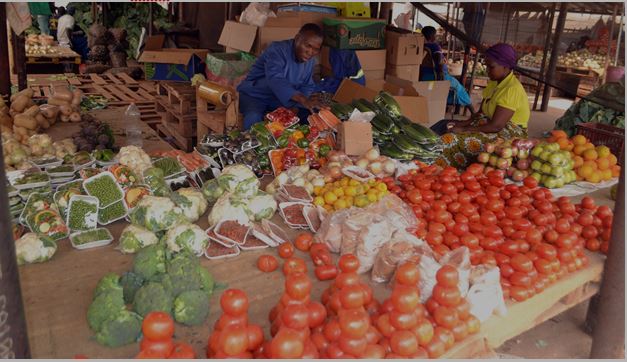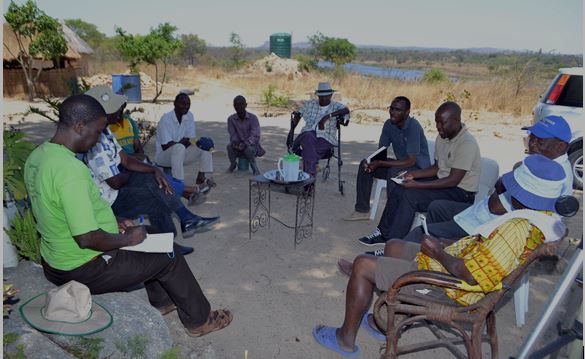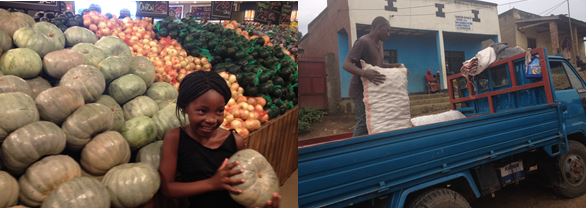Making sense of invisible advantages in rural African communities
Many rural African communities have seen development programmes and business models come and go. What has kept these communities alive is their invisible advantages in the form of local culture. A community’s culture is basically a collection of unwritten rules, norms and values that influence people’s behavior. The fact that these are unwritten rules makes Read more about Making sense of invisible advantages in rural African communities[…]










